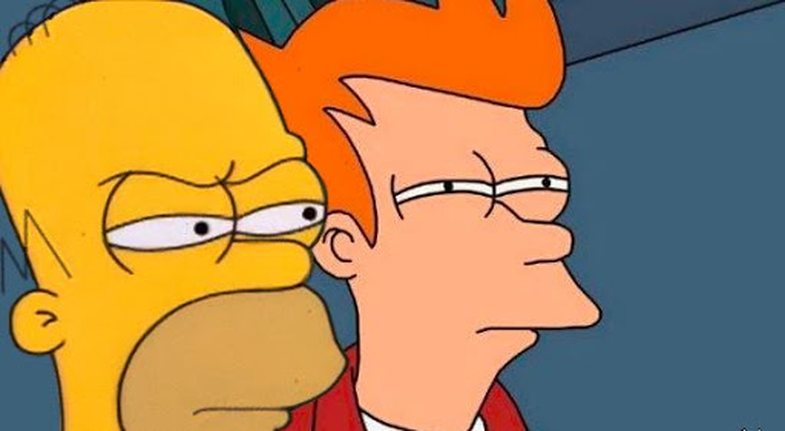
Scientific studies say that people weigh immediate costs differently than those that come later. Although a healthy diet is important for the well-being of the future, we are tempted towards a high-sugar dessert. Even though we do not need and can not afford to buy a new phone, we are still tempted to buy it. Being healthy is a distant goal, but the sweetness of a cake is an immediate pleasure. You may have the new smartphone now, but its cost will only appear on your credit card statement next month.
This theory can also explain two of the most irrational and disturbing aspects that have come from Covid-19: our inadequate preparation (as a state and community) for a pandemic despite a number of indications that it would come and our continued efforts to return to normalcy, although clear historical evidence shows that by doing so, we are simply prolonging the pandemic, causing the situation to continue to be abnormal for a longer period of time.
Our brain has another problem during the pandemic. We have evolved to deal with "clear and present risks". Evolution has not prepared us to face an invisible danger, which sometimes manifests symptoms later and other times, manifests none.
Moreover the consequences of coronavirus infection are not absolute and do not spread evenly throughout the population. Even statistics show that the current probability of death is not very high, so we reject the consequence that does not apply to us - this phenomenon, known as "chance reduction". The lack of immediate symptoms and the (relatively) low probability of death means that our brain does not take the threat seriously enough.
Beyond that, when it comes to issues of national importance, such as pandemics, we expect to be able to rely on scientists and health authorities to tell us the facts, and on government to provide the right guidance and assistance.
Without clear instructions from the government, many of us will be controlled by the individual desire for immediate "rewards": the pleasure of a holiday or social gathering, the feeling of normality from an uncovered nose and mouth. Thus, the possible consequences that will appear later are ignored.
Understanding how our brain works can help us be more effective in our efforts to fight the coronavirus and make more rational choices. We should all focus more on the long-term effects or rewards of our behavior than on the short-term effects or pleasures of certain actions.
Source: NBC News





